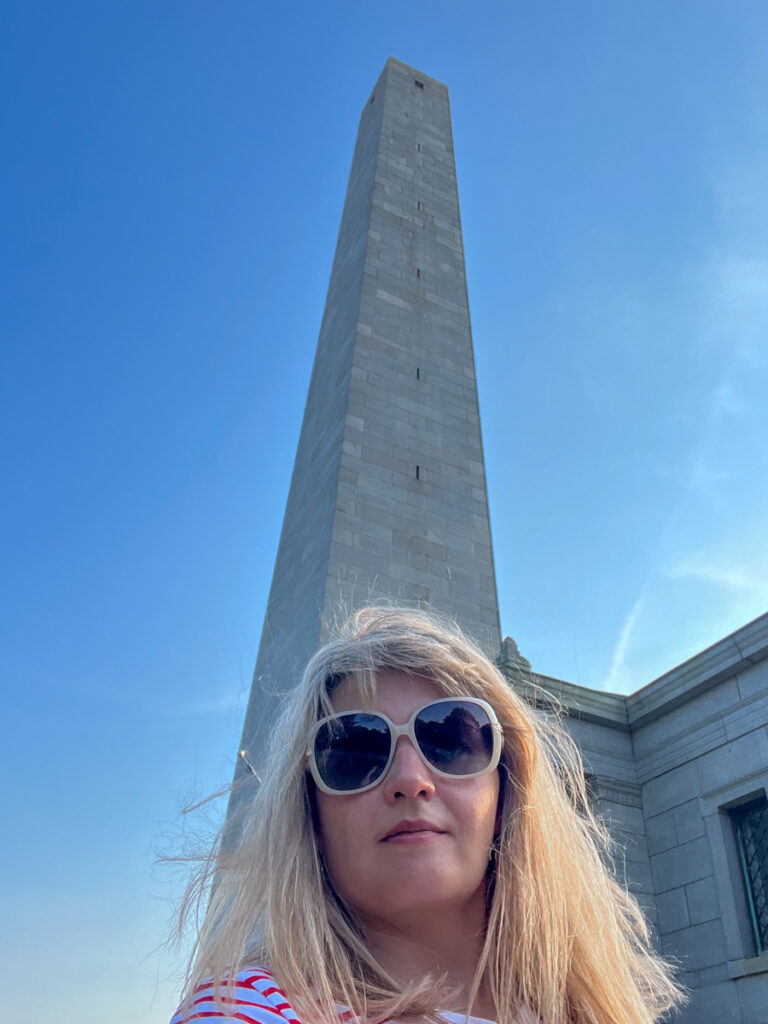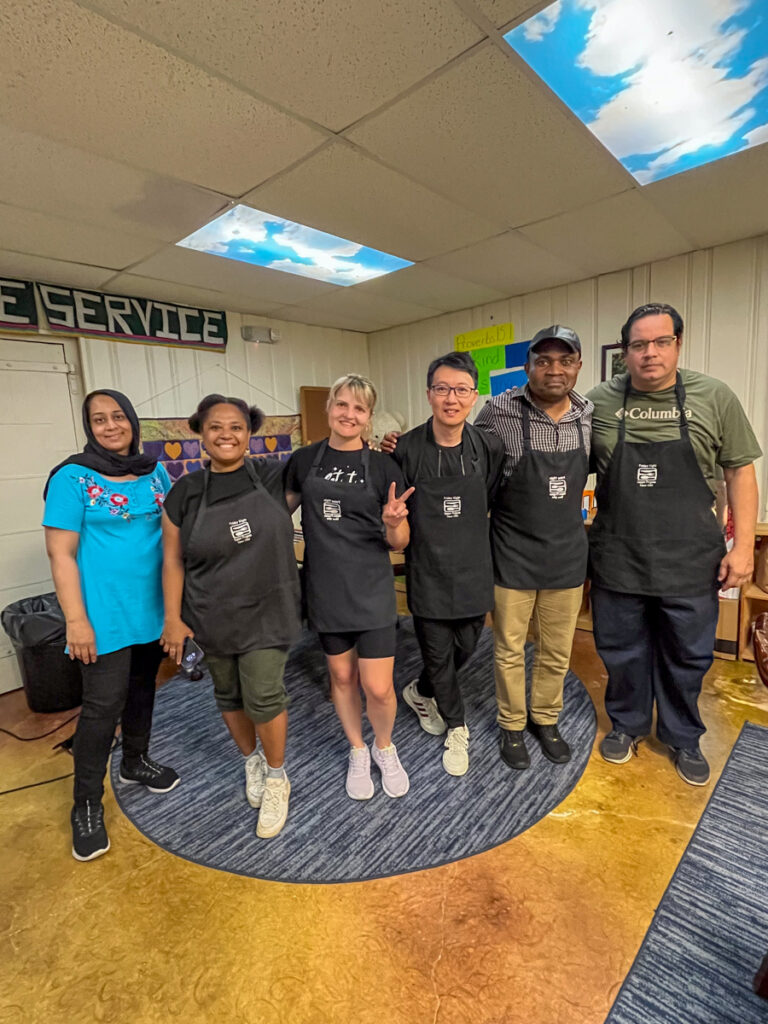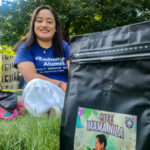First Week Takeaways from the SUSI Scholars Program
By Inna Koblianska, Ukraine

The first week of the SUSI Scholars Program, implemented by the Institute for Training and Development and based in Boston, Massachusetts, has been nothing short of extraordinary. This week marked a series of firsts for me: the first time in the USA, the first experience dealing with a 7-hour time difference, and the first encounter with the inspiring ITD team and fellow SUSIs. As the week approaches, it’s evident that these experiences have been both challenging and inspiring.
One of the primary goals of the SUSI Scholars Program is to explore the US economy and the sources of its sustainability. Reflecting on the week’s events, it’s clear that the key takeaway has been the importance of diversity and its acceptance. This acceptance is fundamental to understanding the US’ economic and geopolitical power.
The week was filled with a variety of study sessions covering numerous topics:
Democratic Thoughts. Javier Corrales delivered a fascinating and inspiring tour on the value and challenges of democracy, emphasizing that “democracy is about political competition”—highlighting the importance of diversity in political landscapes.
Fintech Industry Future Trends. Abu Jalal from Suffolk University presented current and future trends in the fintech industry, showcasing the variety of digital financial tools that stimulate economic development.
Federal Reserve Visit. We visited the Federal Reserve of Boston and attended a presentation by a representative from its research department. We learned about implementing Federal Reserve policy and its role as an independent institution in monetary policy.
US Voter Dynamics. John Carey from Dartmouth College detailed the variety of expectations and hopes of US voters and their dynamics in recent years.

These diverse topics provided a comprehensive understanding of the “common background” in which US economic and sustainable development policies are created and implemented. As Annabel Beerel, executive leadership advisor, aptly stated in her lecture “Leadership in a World of Radical Uncertainty,” the interdisciplinary nature of these discussions is crucial for effective leadership.
A unique and enriching part of the week was volunteering, where we cooked and served meals for community members in need at Arlington Street Church. This experience emphasized embracing diversity and practicing human diversity perception, reminding us that we are all humans, diverse and different, regardless of position and income.
ITD has done an extraordinary job combining educational sessions with cultural activities, allowing us to experience the diversity of Boston through visits to Quincy Market, a Boston Duck Tour, Custom House Tower, Copley Square, Boston Public Library, and a concert in the courtyard.
Our team itself is a testament to diversity—diverse countries, cultures, experiences, and views. Integrating and combining these experiences has given us a better understanding and perception of ourselves and others, leading to enriching discussions and enjoyable free time together.

And all this is set against the backdrop of Boston. Boston itself is a microcosm of diversity. The city’s diversity is evident everywhere—from couples of different nationalities to the architectural juxtaposition of skyscrapers and historical buildings like the Old State House. Walking through Boston’s glass and concrete streets, you find the expansive Boston Commons and Public Gardens, home to many squirrels, hares, and even rats. The Freedom Trail, a main tourist route, is not just about history but also showcases the city’s diverse beauty and greatness.
The first week of the SUSI Scholars Program has been an unforgettable journey, thanks to the incredible efforts of the ITD Amherst and SUSI teams. Their dedication has provided a profound and immersive experience, reimagining strengths through the lens of diversity. Here’s to an inspiring and transformative journey ahead!
All opinions expressed by the program participants are their own and do not represent nor reflect official views from the Bureau of Educational and Cultural Affairs of the U.S. Department of State, or of the Institute for Training and Development, Inc.




